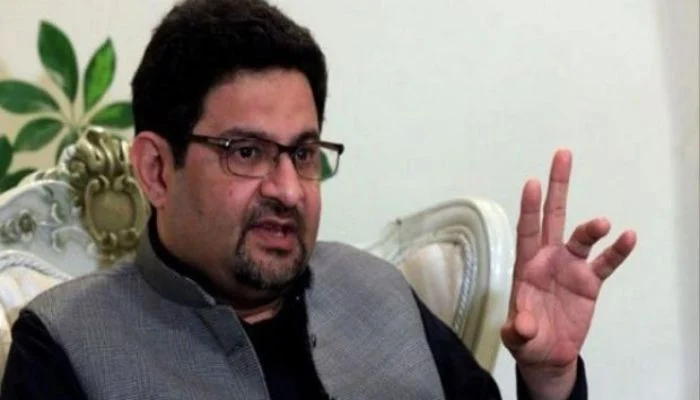ISLAMABAD, June 06(ABC): Pakistan is seeking financial assistance from Saudi Arabia, Qatar and UAE to stabilise the economy and is hopeful for a positive result, revealed Finance Minister Miftah Ismail.
“Saudi Arabia, hopefully, will reload [deposit money in Pakistan’s central bank] before December,” the minister told Jirga’s host, “Also, the Kingdom may extend Pakistan’s limit to buy oil on credit.”
The government has also sought support from Qatar, the minister said. “We are talking to Qatar to let us buy Liquefied natural gas (LNG) on loan. We are also talking to the UAE [for financial assistance],” he added.
Separately, Ismail explained that $2.4 billion loan will be received from China in two or three days, as all the formalities related to the loan have been completed after a recent visit by Foreign Minister Bilawal Bhutto Zardari.
Pakistan is also finalising a bailout package with the International Monetary Fund (IMF), prior to which the government hiked up the price of petrol and removed subsidies put in place by the previous government, as demanded by the international lending body.
“If we did not make these decisions [with the IMF] it would have been difficult for Pakistan,” Ismail said on the show, “I am being honest here. We had to save Pakistan from defaulting.” He added that a further increase in petrol prices cannot be ruled out as it was a “moving target”, meaning it depended on the price of petrol in the international market.
Under a new agreement with the IMF, the price of electricity could also be boosted, revealed the minister.
“In March [former prime minister] Imran Khan reduced the price of electricity by Rs.5 per unit,” Miftah Ismail explained, “That will have to be removed at some point.”
On rolling power outages in the country this summer, the minister said Pakistan has a power generation capacity of 28,000 MW, excluding the capacity of the Karachi Electric, while the demand for electricity is close to 19,000 MW.
Through repair work at power plants, and providing fuel to the plants, the capacity would be increased, he added. “Before Eid, the capacity will be increased to 36,000 MW,” he said, which would reduce load shedding in the country.

